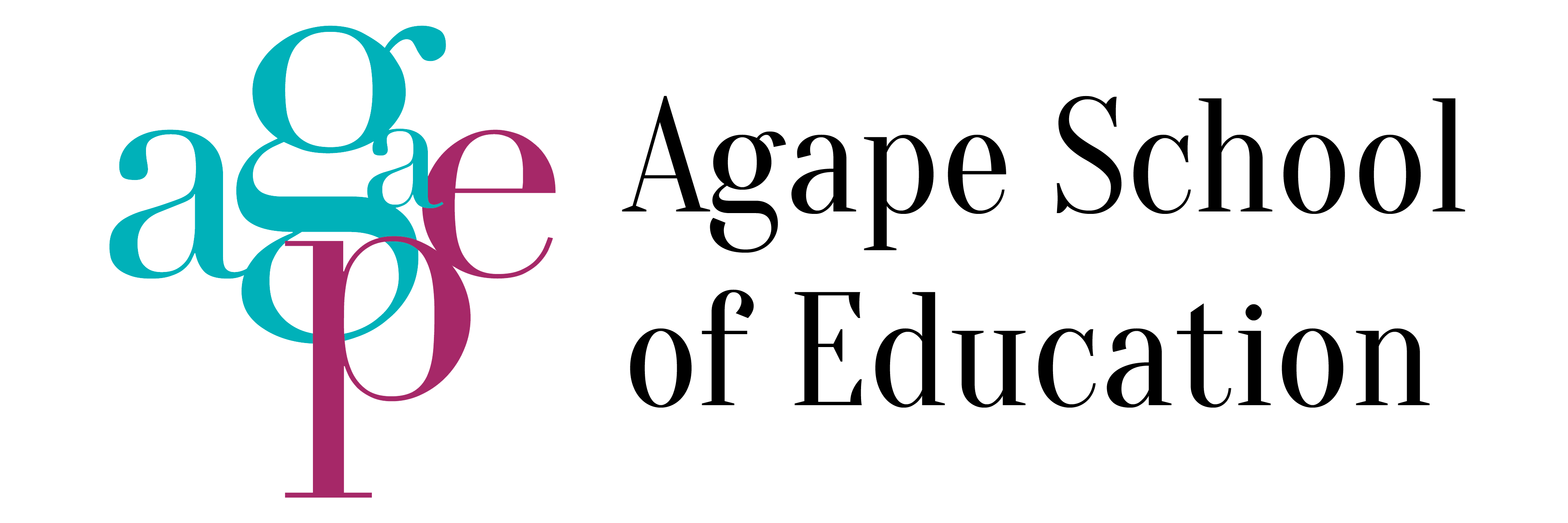Learning a foreign language is never easy for the simple reason that it is exactly that, a new language. 99% of the time and, barring the existence of congenital speech defects, the difficulty in learning a new language is due to the learners’ adherence to the conventions and practices of their first language. We often, wrongly, try to fit a new language to the rules of our native tongue. Conflicts in pronunciation, vocabulary, usage, intonation, the manner of expression and even understanding of concepts, arise as a result. The perfect way to test this fact is to make someone from France, Italy, Russia, Japan, Portugal and Germany say a simple statement in English. See how many English versions of the same statement you get!
The quickest way to avoid this complication when learning a new language, therefore, is to start fresh. Try, even temporarily, to suppress whatever conventions you are used to in your native tongue, and learn from scratch. While this is easier said than done, it is crucial to the process of learning a new language. You may also apply the following proven techniques:
- Understand the basic sentence structure of the language. Regardless of what language it is, its basic unit of thought will always be the noun-verb combination we know in English as the sentence. Learn some nouns and verbs to convey your thoughts and you’re on your way. That said, do not concentrate on learning the rules alone. Remember, to know a language means being able to put it into practice.
- Read, read, read! Reading will help you get acquainted with the common terms and expressions used in that language. Read simple materials like newspapers and magazine articles, which can be easily understood and will help you slowly build up your vocabulary. As a student, the goal is to be conversant in this language one day. Therefore, the importance of vocabulary cannot be stressed enough. Bear in mind that, to be effective, your vocabulary must be made up of words you can understand and use, and not just words that you recognise and understand but cannot use.
- Write, write, write! As you acquire more confidence, start writing your thoughts down on paper. Write about things you have read or any experience you may have encountered. The best way to practice your writing skills is to maintain a personal journal of your thoughts and things going on around you. This will also hone your skills in narrating and describing events.
- Learn the art of listening. The best way to acquire skills in correct pronunciation and intonation of a language is to listen to how a native speaker speaks. It is necessary for anyone who wants to be an expert in any language to develop his listening comprehension.
- Learn to use the dictionary. Whether you are writing, reading or merely listening, it will serve students well to study the dictionary. This will not only help you widen your vocabulary, it will also increase your confidence in choosing the correct words for particular situations.
- Learn the culture. Language is often influenced by and influences the culture of those who use it. When you can understand and accept the culture, you can better immerse yourself in the language. It’s often said that immersion in a language will help students learn it quickly and effectively. This is because those students develop a love and passion for that language and therefore are better at picking up its nuances.
At Agape School of Education, we follow these tips and coach our students to success. Using a variety of methods and training materials, our teachers find and employ what works best for their students. Be it providing students with a variety of reading materials, encouraging conversation or using different types of media, our methods are diverse. Our curriculum is unique because we place importance on the culture of a language. We do this because we know that inspiring a love of the language will breed passion in our students, which will lead them to realise their goals.



0 Comments